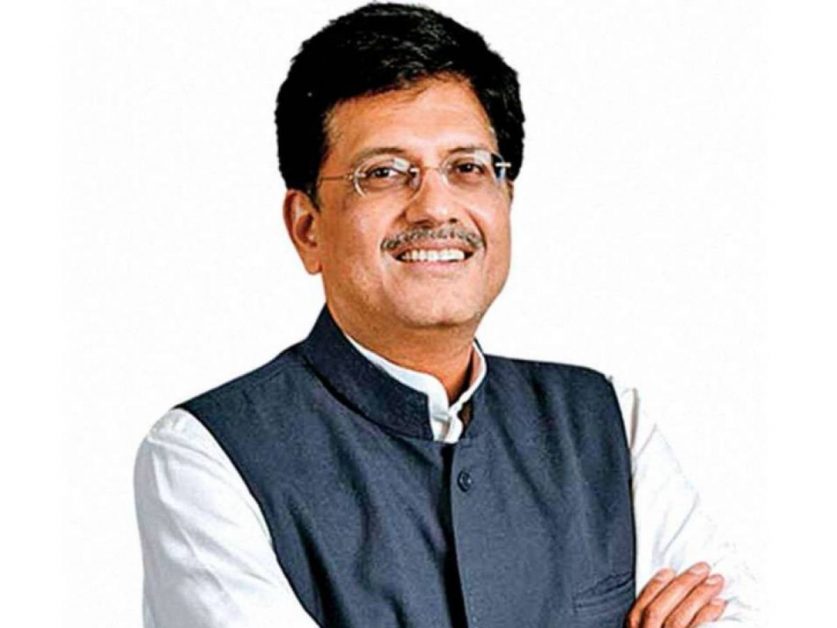Source: The Hindu
He expressed confidence that the development is going to be a “very game-changing” dimension to India’s international trade.
“Bangladesh, Sri Lanka are already talking to us and they want us to start this immediately. Other countries in the Gulf region are looking at that. I think it’ll take some time for people to see the benefits. And then we’ll have more and more developed countries and countries in the Far East also joining the bandwagon. Singapore is already on board to some extent,” he said.
The Minister added that gradually countries are realising that undertaking trade in domestic currencies has several advantages.
Mr. Goyal said that it is now picking up traction and a lot of countries have come forward for this arrangement and are talking to India for that as they would also like to initiate direct transactions between their local currency and the rupee.
“Gradually the conscience is setting in that rather than converting all the transactions into a third currency, both ways, adds significantly to transaction costs,” Mr. Goyal told PTI in an interview.
Undertaking trade in other currencies leads to foreign exchange and transaction losses as there is a cost for conversion. The delays in the movement of money also pushed transactors’ costs.
“We started with the UAE. The UAE was one of the first countries to accept this. It’s now picking up traction. We get a lot of countries who come and talk to us that they would like to also initiate direct transactions between the local currency and the rupee.
“It’s a process which takes time. It involves the central bankers of both nations to create the framework and then it evolves acceptance by importers and exporters,” Mr. Goyal said, adding “when it will take off, it’ll just fly”.
The engagement is also beneficial as the Indian Rupee is mostly stable against most of the international currencies and according to experts, this is one of the reasons that different nations today want to have trade relations built on rupee trade.
The rupee trade is also helping many of the countries, which have dollar shortages.
India has started trade in the rupee with neighbouring countries, including Nepal and Bhutan. The rupee trade mechanism has been initiated to facilitate trade in national currency with Russia, while Sri Lanka has included the rupee in its list of designated foreign currencies.
India’s first-ever payment in rupees for crude oil purchased was from the UAE and that is helping the world’s third largest energy consumer to push for taking the local currency global, as it looks for similar deals with other suppliers.
Changes in FTP
Changes have been made in the FTP (Foreign Trade Policy) to allow international trade settlement in Indian Rupee with a view to making INR a global currency.
In July 2022, the Reserve Bank of India (RBI) decided to allow the settlement of India’s international trade in rupee. Accordingly, authorised Indian banks are permitted to open and maintain special rupee Vostro accounts of the partner trading country’s banks.
These accounts keep the foreign bank’s holdings in the Indian counterpart in rupees. When an Indian trader wants to make a payment to a foreign trader in rupees, the amount will be credited to this Vostro account.
Similarly, in the reverse scenario, the amount to be paid to an Indian trader is deducted from the Vostro account, and credited to the person’s regular account.
Several banks, including HDFC Bank and UCO Bank, have opened special Vostro accounts to facilitate overseas trade in the rupee and many countries have expressed interest to have this arrangement for the local currency trade.







